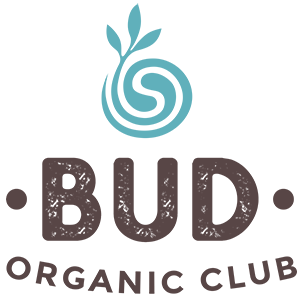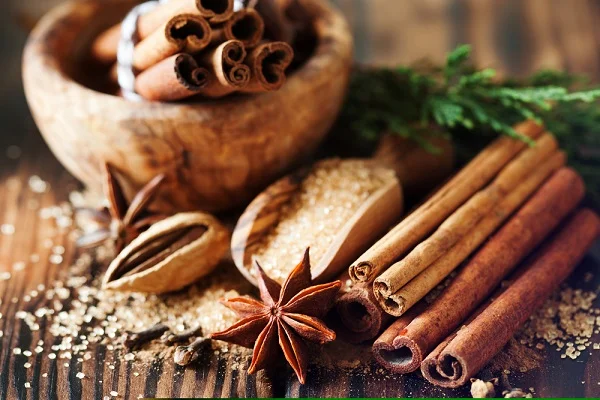Would it even be a proper Christmas without the scent of nutmeg, cinnamon and allspice lingering in the air, with Mariah playing in the background?
As spices are often used in small quantities, perhaps you don’t consider whether you’re shopping organic when buying spices at the supermarket. For this blog, we examine how organic spices are different from their conventional counterparts, and why you should consider buying organic this festive season.
What are spices?
First, we must define what a spice actually is. Spices can be seed, fruit, root, bark, or other plant substance primarily used for flavouring or colouring food. Spices can be distinguished from herbs, which are the leaves, flowers, or stems of plants used for flavouring or as a garnish.
Most spices are typically grown close to the equator in tropical climates and can include pepper, clove, cardamom, cinnamon, nutmeg, star anise, ginger and turmeric. The labour-intensive production of spice harvesting means that most spices are imported into Australia rather than being produced domestically.
What happens to imported spices?
With Australia as an island nation, biosecurity protocols must be followed at the border for incoming passengers, and the same goes for imported goods! Countries such as India and Pakistan that produce the majority of the world’s spices also harbour pests such as the Khapra Beetle that are currently not found in Australia. But how does this impact your Christmas, you may ask?
Well, high-risk goods from India must have a mandatory methyl bromide treatment prior to import. For those unfamiliar with methyl bromide, it is highly toxic, ozone depleting, and a known carcinogen and neurotoxin. In fact, methyl bromide is banned in many countries and is listed on the Montreal Protocol for these very reasons.
How is organic different?
Organic spices (and other products) that are imported can either be treated by heat or through adapting the CO2 levels. This process ensures there are no unwanted guests, and doesn’t leave toxic residues or nasties that can be ingested on the produce. Heat and modified atmosphere treatments are more expensive and time-consuming than methyl bromide treatments. When it comes to your health, the additional cost is well worth it.
What other differences are there?
Traditionally, for products to be truly organic within tropical production systems, a multi-species agroforestry system is required. This ensures that the high biodiversity minimises potential insect infestations or disease outbreaks. Plants complement each other through different growth patterns and nutrient requirements, and products are harvested by local farmers on small scales and sold collectively. Many larger spice production systems are monoculture plantings that need chemical inputs to control pest and disease outbreaks.
Additionally, non-organic mixed spices and spice mixes may contain artificial flavour enhancers, synthetic colours and flavours, chemical emulsifiers and a whole plethora of different preservatives!
Organic spices are better for you and the farmer!
When it comes to health benefits, spices grown organically contained higher antioxidant activity (19 percent phenolic acids, 50 percent flavonols, and 51 percent anthocyanins) and 48 percent lower levels of the heavy metal cadmium. Strict regulation around pesticide use on organic farms also results in a situation where the farmers are better off as they aren’t exposed to the potentially toxic chemicals. Studies continue to show the risks associated with low level pesticide exposure on the nervous system and other bodily functions. This is before you even consider the premium that organic farmers receive for their products compared to non-organic.
So when you are doing your Christmas shopping this year and venturing down the spice aisle, make sure you think about the consumer power you hold and choose organic! And as ever, keep an eye out for certification marks such as the Australian Certified Organic ‘Bud’ logo on products.
Organic Farming Glossary
Carcinogens – Any substance capable of causing cancer in living tissue.
Neurotoxins – A poison which acts on the nervous system.
Phenolic Acids – Natural, versatile molecules. The main source of dietary antioxidant.
Flavonols – A type of antioxidant found in certain fruits, vegetables, wine and teas.
Anthocyanins – A group of beneficial pigments found in certain plants, giving them their black, purple, blue or red colour.

